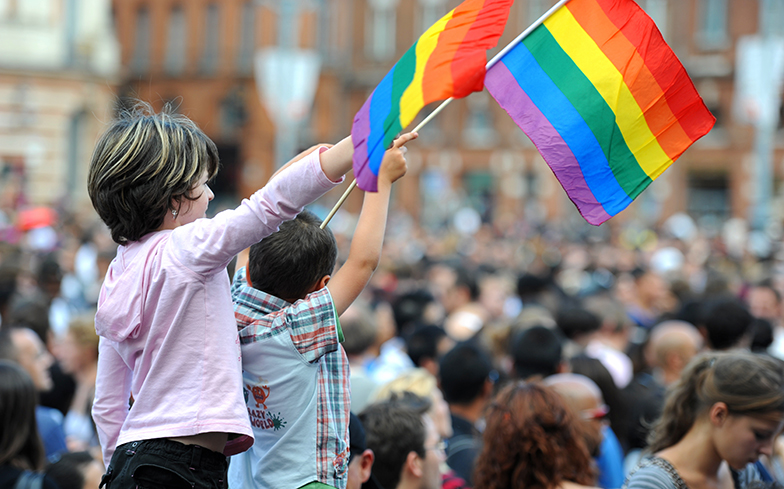
A national survey, conducted by BeLong To Youth Services, has shown Northern Irish LGBTQ+ youth are struggling with mental health due to the pandemic.
Trigger warning: this article includes mention of suicide and mental health conditions.
The pandemic has posed a significant risk to marginalised and vulnerable groups, including LGBTQ+ and POC communities.
In 2016, Higgins A. et al conducted a national study of the mental health and wellbeing of lesbian, gay, bisexual, transgender and intersex people in Northern Ireland.
The study highlighted the mental health struggles experienced by young LGBTQ+ people in Ireland.
Findings of the study revealed Northern Irish (NI) LGBTQ+ youth were twice more likely to self-harm and three times more like to experience suicide ideation.
The LGBTQ+ youth were also four times more likely to experience anxiety and depression than their non-LGBTQ+ friends.
BeLong To Youth Services’ new data has revealed this mental health struggle has been exacerbated by the pandemic.
The key finding of BeLong To Youth Services uncovered that more than 60 per cent of LGBTQ+ youth are struggling with suicide ideation and loneliness throughout the pandemic.
More than 50 per cent of queer youth have been dealing with self-harm and described their mental health as “bad” or “very bad”.
Moninne Griffith, CEO of BeLong To Youth Services, offered a statement on the results of the survey.
“The past 12 months have been extremely difficult for LGBTI+ young people, as clear from our research. Levels of self-harm and suicide ideation are rising as LGBTI+ young people experience unique mental health challenges. Many formal and informal safety nets, supports, and services have been unavailable because of lockdowns and increased social isolation.
More than half of LGBTI+ young people surveyed told us they are not fully accepted in their home environment because of who they are or who they love. Family rejection, feeling unaccepted, and a denial of identity can result in loneliness, stress, anxiety, and more complex mental health challenges.”
She added: “We need to let LGBTI+ young people know that they are not alone. We need to show LGBTI+ young people across Ireland know that there are spaces for them to come together, be who they are, and receive the support they need.
“To achieve this, we are calling for the support of those passionate about ensuring LGBTI+ young people have their needs met, and their voices heard. We are sure that whatever lies ahead, the impact of Covid-19 will be with us for years to come. Our commitment is to continue to understand how this affects LGBTI+ young people, share that evidence to ensure that their needs are not forgotten, and be here for every LGBTI+ young person who needs us.”

